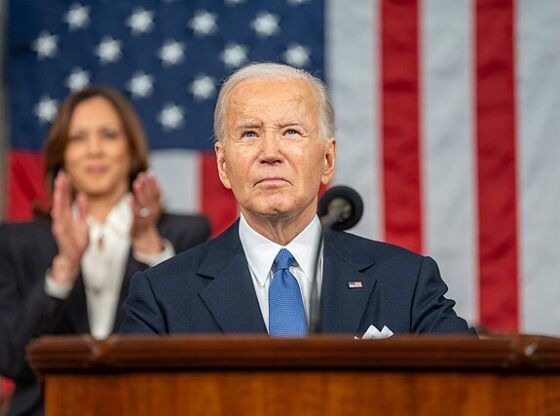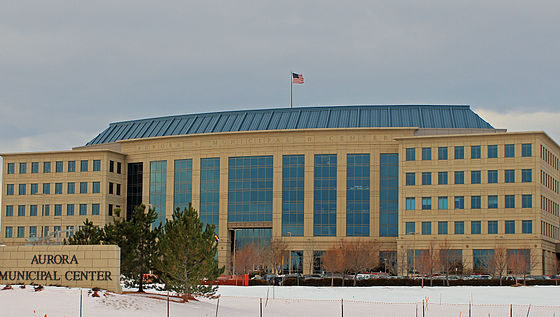This Monday, Nov. 3, DU’s John Evans Study Committee released its report concerning the role of DU founder and then-Colorado Territorial Governor John Evans in the Sand Creek Massacre of 1864. The report drew numerous conclusions about Evans’ role in the massacre, and determined that “Evans bears serious culpability for the Sand Creek Massacre having occurred.” The committee also released recommendations for healing moving forward.
DU Associate Professor of political science Nancy Wadsworth chaired the 11-person committee and discussed the findings in a Nov. 3 email to political science students.
“Our committee believes that the historical evidence amply supports a conclusion that John Evans shared a culpability different in character but comparable in degree for the Sand Creek Massacre alongside John Chivington,” Wadsworth wrote. “This is a serious and uncomfortable finding, but we believe that grappling with it honestly can have a big impact on our institutional memory, and our campus climate.”
The committee, which included members of the DU community as well as Native American representatives, found Evans culpable for at least four reasons, primarily relating to his dual leadership position in the territorial government and his role as president-appointed Superintendent of Indian Affairs.
According to the committee’s report, Evans failed to carry out his duties as Indian Affairs Superintendent, creating dangerous conditions for the Native American tribes that inhabited present-day Colorado.
“Under dangerous conditions, Evans exerted grossly insufficient legal enforcement of claims on behalf of the tribes and largely ignored their complaints, thereby contributing to the acceleration in conflict,” said the report.
Evans, the committee found, was also culpable for advocating for war with Native Americans over more peaceful solutions and for creating the 3rd Colorado Cavalry Regiment, helmed by Col. John Chivington. This 3rd Regiment is infamous for committing the Sand Creek Massacre and for, according to the report, being created to harass and kill Native Americans.
Also argued in the report is the idea that, though Evans likely did not know Chivington planned to commit the massacre, Evans did create the 3rd Regiment and the conditions for the event to occur. The committee argues that this fact leaves him guilty in the massacre, although in a different character than Chivington, who directly oversaw the murder of Cheyenne and Arapaho people.
The final justification offered by the committee for finding Evans culpable is the deferral of his authority to the military.
Included with the report is a document containing recommendations for healing and moving forward. The recommendations include elements designed to address the massacre and Evans legacy, including increased campus dialogue about the massacre and Native Americans generally, creating more DU Native American student scholarships and, among other recommendations, “[Incorporating] the narrative of DU’s presence on native land in all official events (Pioneer Passage and other new student orientations, convocations, FSEM dinners, etc.).” In a Nov. 3 email to the university community, Chancellor Rebecca Chopp stated that DU would work towards a healing process.
“As a community, we will work through the report and its recommendations, and we will review ideas and suggestions from a variety of groups and individuals,” Chopp said.
The report also concluded that Evans never should have been appointed as Superintendent of Indian Affairs, and argued that President Abraham Lincoln made a mistake.
“Abraham Lincoln erred substantially in the case of Dr. Evans. […] it is clear that Evans never should have been appointed Colorado’s Superintendent of Indian Affairs,” the report stated.
Also outlined in the report are details of the nine-hour Sand Creek Massacre, including murder and mutilation committed by soldiers under Chivington’s command. Wadsworth and the committee hoped not to tarnish Evans through the process, but to come to a higher understanding.
“We have hope we have done a responsible job […] We are not trying to tarnish the reputation of Evans are the Evans family, but we are trying to comprehend,” she said.
Overall, Wadsworth stressed greater understanding.
“At DU, the important thing would be to really understand the history of our founder in a more complex way that doesn’t try to sweep the bad parts under the rug,” said Wadsworth.
Interested parties can download the full report and recommendations on the John Evans Study Committee portfolio page.











